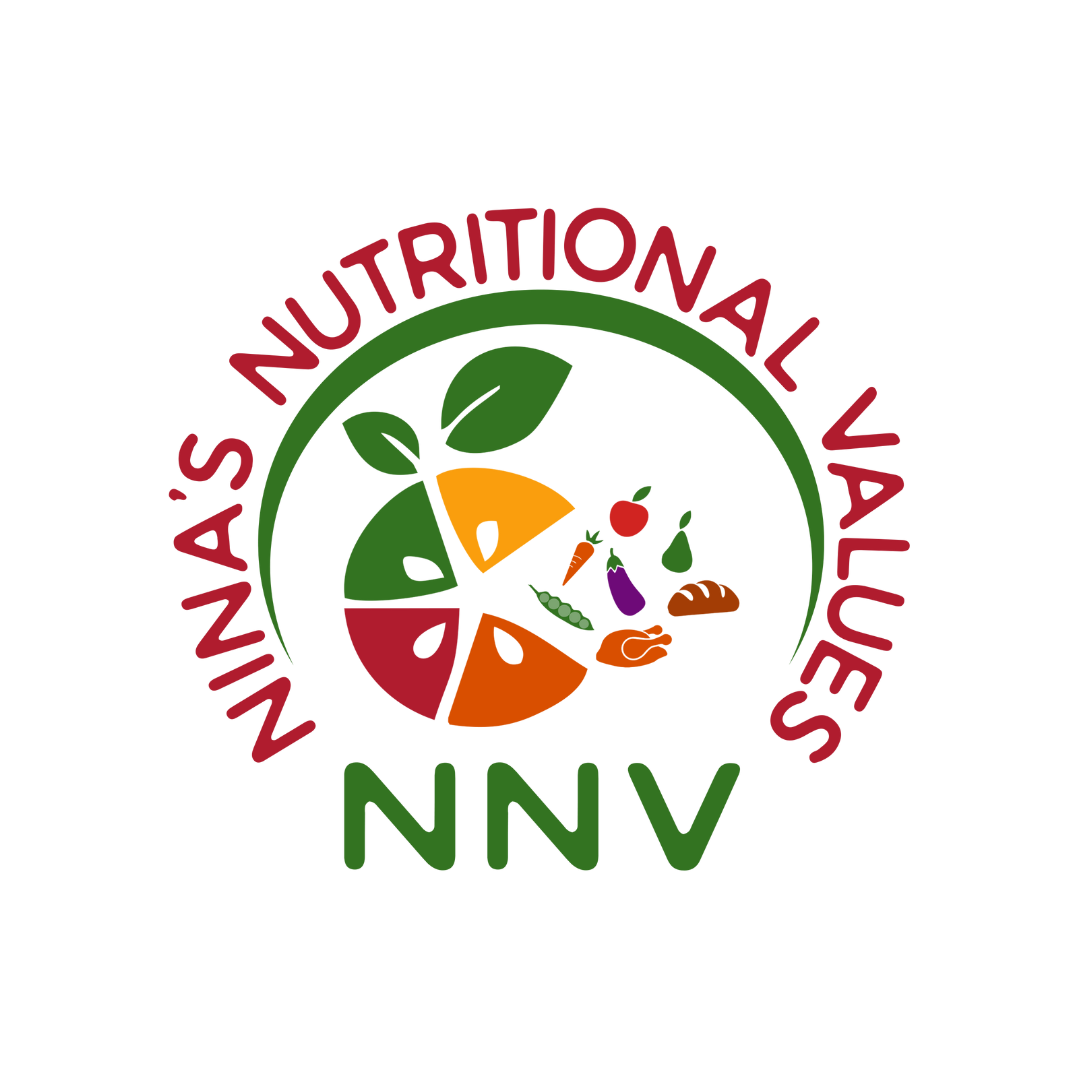What to Eat When You’re Stressed: Nutrition Advice for Busy Professionals
If you work in a high-stress role or are juggling family and work, maintaining nutrition can be challenging. When stress is high, you’re more likely to stress eat comfort food, skip meals, or make rushed and unhealthy food choices. Foods high in sugar, salt, and fat may make you feel good for a few minutes, but they’ll add to your stress. Knowing what to eat when you’re stressed can make you feel better.
#1 Hydrate
Carry a water bottle with you as a reminder to hydrate throughout the day. Hydration is an often forgotten aspect of mental health. Adequate water intake can minimize the headaches, fatigue, and nausea that can occur with stress and anxiety. Maybe add a low-sugar electrolyte packet with magnesium to your water. Most of us don’t get enough magnesium in our diet. Magnesium helps regulate neurotransmitters and the stress hormone cortisol. It can also improve the quality of your sleep.
Keep Caffeine to a Minimum
You may crave coffee or caffeine to get started for the day, as an afternoon pick-me-up, or to power through an extra-long day. However, drinking too much caffeine can raise your cortisol levels, intensifying your stress. It can also make you jittery and disrupt your sleep. So, keep caffeine to no more than 400 milligrams per day. For some, significantly less than 400 milligrams per day.
#2 Pack Healthy and Protein-Rich Snacks
Healthy snacks are easy to prep and pack. They provide you with nourishing energy between meals and something to eat on the go. Prioritize snacks with protein and fiber. Maybe even something healthy to snack on when you’re craving something less than healthy.
Low-fat yogurt with nuts or seeds sprinkled in
Low-fat cheese slices and an apple
Celery sticks with peanut butter
Carrot sticks and hummus
Veggie chips and low-fat cheese slices
Trail mix with dark chocolate
Popcorn and an orange
Hardboiled egg and pita chips
#3 Meal Plan
Figuring out what to eat when you’re stressed out can add to your stress. It’s just one more decision to make. Meal planning can reduce some of your stress.
Pick one day a week to meal plan all meals and snacks for the week.
Have a dietitian create a meal plan tailored to your unique needs.
If it’s more convenient, have your groceries delivered to your house.
Purchase healthy pre-prepped veggies, deli meals, and heat-and-serve frozen foods.
Precook grains, chop veggies, and prep as much food as possible.
When you can, cook in bulk to freeze healthy meals for later.
#4 Know Where to Order From
The busier your schedule, the less time there is to cook. Thankfully, it’s never been easier to access healthy food. When you don’t have time to cook, have healthy meals delivered to you at work or anywhere on the go.
Whether cooking or ordering in, Everyday Health suggests prioritizing the foods below to help your body regulate it’s stress response.
Avocado, salmon, walnuts, and other sources of omega-3 fatty acids.
Citrus fruits, berries, and any fruits high in immune-boosting vitamin C.
Leafy greens and at least 5 servings of vegetables per day.
Let’s Discuss What to Eat When You’re Stressed
The nutrients in the foods you choose can help you feel energized, focused, and positive. Take the stress of meal planning off your plate with a meal plan tailored to your food preferences and health goals. Your meals will be delicious and nutrient-dense so that they taste good and fill you up.

